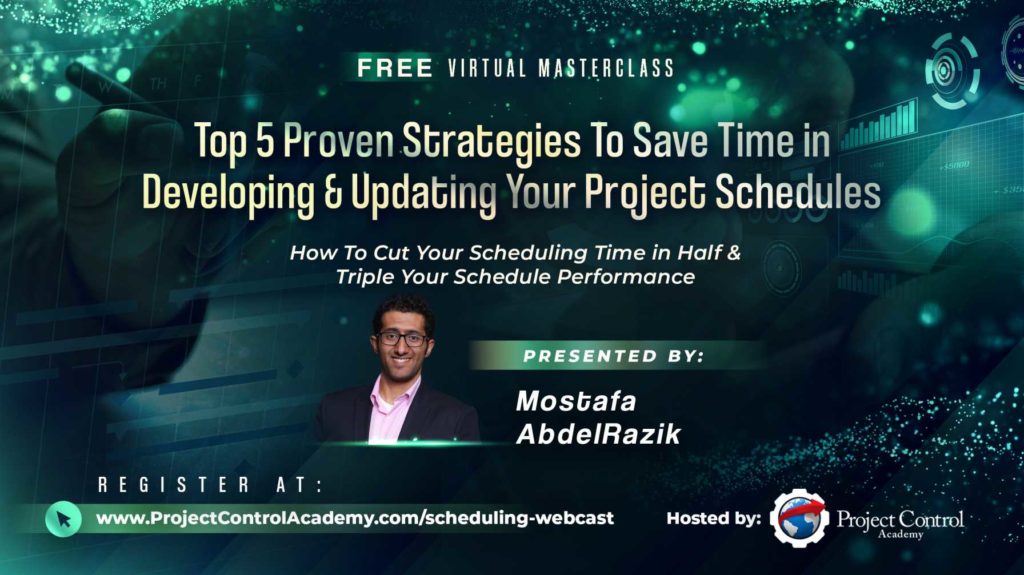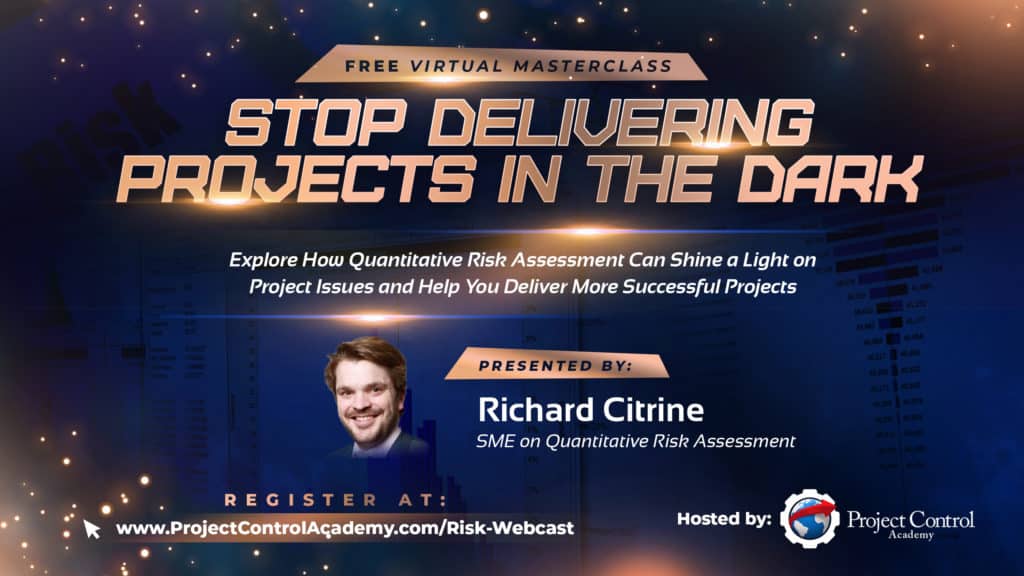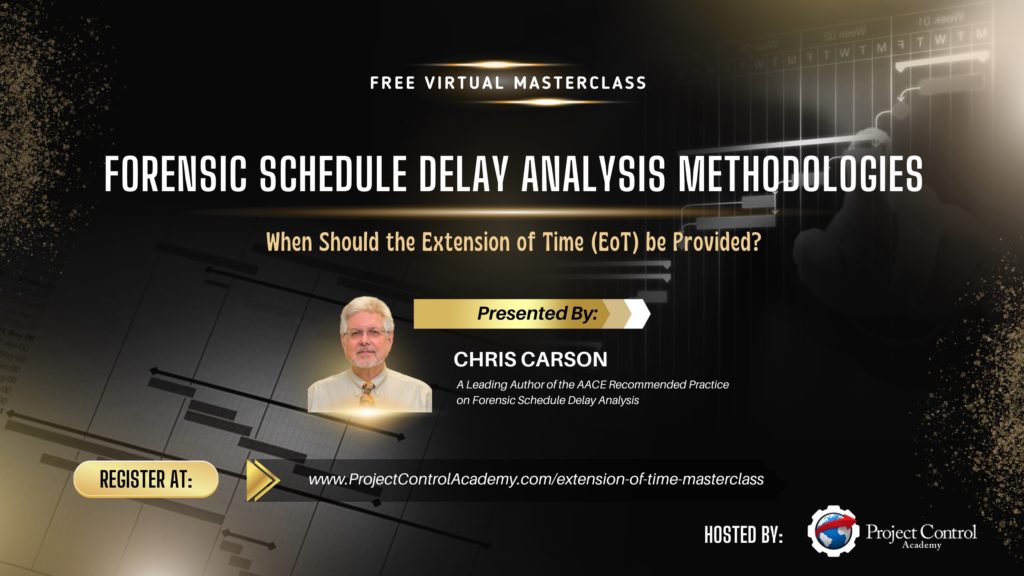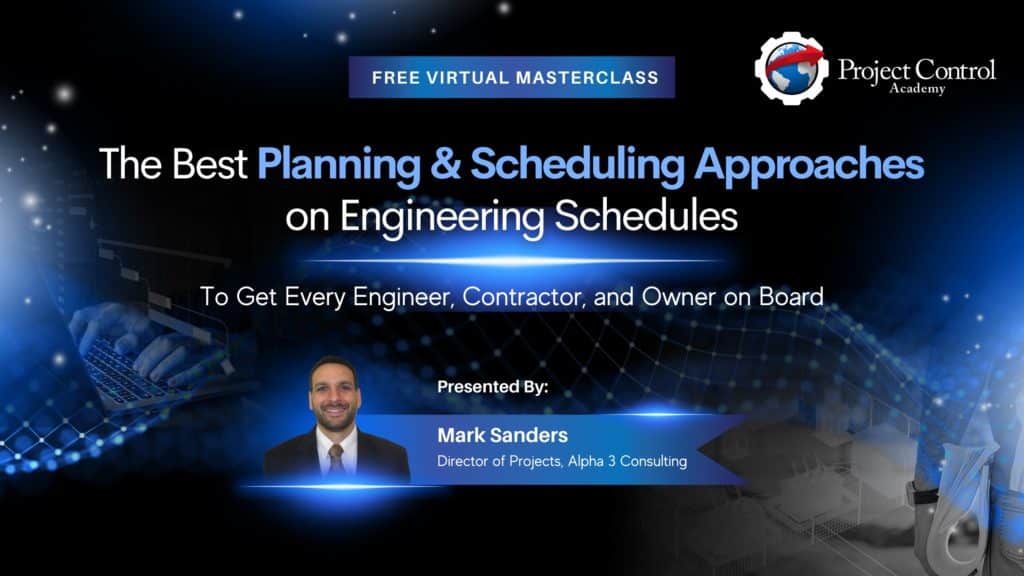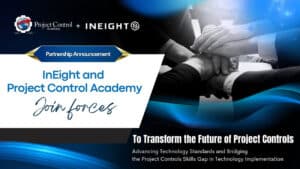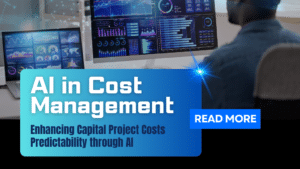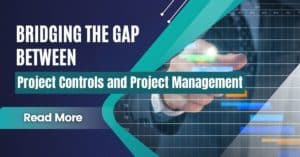When was the last time you gave some serious thought to the current trajectory of your Project Professional Career? Or was there a time that you thought to yourself, “what am I even doing here?”
I have been in that boat too. In a floating work barge, to be exact. The year was 2014 and I was 150 nautical miles from shore, lying in a musty bunkbed trying to block out the snoring of my co-workers.
I decided then and there that I could not stay on in that role forever. To be clear, I do believe that every task we do, no matter how menial, will eventually benefit our career one day. However, I also believe that timing plays an extremely important role in the project professional career.

Figure 1: The Author in a Newcomer Orange Helmet About to Board the Floating Work Barge
Some project professionals stay on unhappily in their careers, simply going through the motions. Then we have project professionals that seem to exert much more control over their career trajectory.
Oftentimes the only difference between both groups of project professionals is that one group simply has better access to professional development.
Over the years we have observed numerous complaints and frustrations vented out over the lack of professional development. It seems to be a common theme in this new era of project controls.
And so we set out on a mission to find out just how bad it was affecting project professional careers.
To this aim, at Project Control Academy, we conducted a global survey filled in by project professionals just like you from all around the world! So what exactly did the collective voice of the project controls community reveal?
Well, for that our Project Control Academy CEO, Kamran Akbarzadeh was able to broadly categorize the global survey responses into four distinct professional development gaps limiting project professional careers all around the world.
You can watch the short video below from one of our LinkedIn live sessions to find out more about the responses!
Kamran could not have summarized the responses more perfectly. The survey responses really resonated with us, so much so that we felt the need to pen down our additional thoughts below:
Top 4 Professional Development Gaps in Your Project Professional Career
Lack of Coaching or Mentoring Limiting Your Project Professional Career
Have you heard of the famous quote, “Behind Every Great Man There is a Great Woman”?
Well, then it should follow that behind every great project professional there is a great mentor(s).
Effective coaching and mentoring can make all the difference to your project professional career, taking your career from merely good to great.
We sometimes think of mentors as authority figures that tell us how to perform a task correctly. Something tangible such as how to update a legacy spreadsheet. Or how to facilitate a Risk Management workshop in front of an audience of stakeholders.
Sometimes, they may even give us the heads-up about the best lunch in town, closest to the site office.
But we learn much more from our mentors by simple observation. For example, the way they negotiate and push back on unreasonable deadlines without eroding the client’s goodwill. Or how they manage to keep their composure and respond calmly to angry clients during an emotional meeting. Or the way they treat peers and subcontractors with the same amount of respect that they do with clients.
Believe it or not, all the above goes a long way in advancing your project professional career. As covered before by Shohreh Ghorbani, Founder and Technical Director of Project Control Academy, effective communication and leadership are some of the cornerstones of Project Controls.
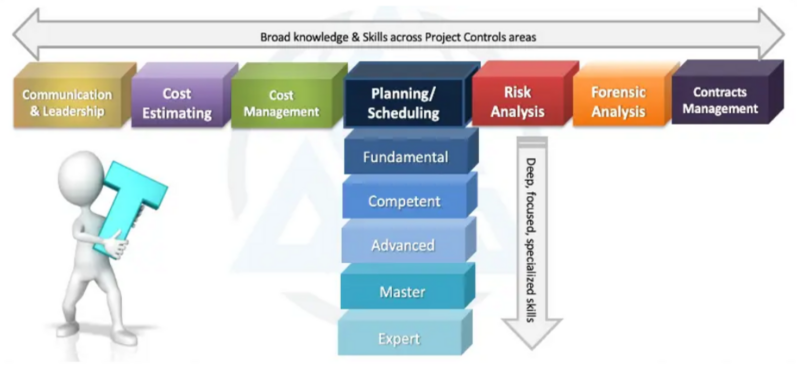
T-Shaped Project Controls Professional
Figure 2: An Importance of Diversifying Project Control Area of Knowledge
But effective communication can only take your career so far. As seen in Fig. 2 above, you also need to balance your soft skills with relevant industry skillsets to really accelerate your project professional career.
A mentor will collaborate with you to map out your project professional career because they genuinely want you to succeed.
A mentor will tell you, through one-on-one coaching, where you are now in your career. The good, the bad, and the ugly, but the truth, nonetheless. They will then tell you how to get to the next level of your project professional career.
And the best mentors can credibly guide you without having to fall back on a “been there, done that” stance. Instead, they will be able to extrapolate from their own experiences and find the best career path for you to follow.
Lack of Support for Internal Development Limiting Your Project Professional Career
Sometimes in our career, we may go through a phase where coaching or mentoring is largely absent.
Often, the cause is systemic such as the lack of a structured mentoring system in place. Sometimes the project environment is the cause itself, such as being assigned to small projects or small teams where you are unfortunately the smartest person in the room.
Smart employers recognize this and tide employees over by offering some form of internal staff development within the corporate structure.
Sadly, many other employers do not see the value of reinvesting company profits into their most valuable resource. These employers view staff internal development as an added-on expense instead of an investment or potential multiplier for the organization’s organic growth.
Ironically, I frequently see this zero or low-growth mindset coming from project-based companies.
Imagine a Project Scheduler who, on their own initiative has discovered a new tool that can produce interactive visual reports and dashboards. Of course, the Project Scheduler then performs their due diligence and produces a proof-of-concept (POC) that the project team absolutely loves!
But alas, Management shoots down the POC for the sole reason that the software is not a stated item under the Bill of Quantities (BOQ) and hence cannot be claimed from the owner.
And just like that, a very real opportunity for the contractor to propel itself several years ahead of its competitors is gone! And I would not be surprised if that well-intentioned Project Scheduler decided to take their skillsets elsewhere for the betterment of their project professional career.

Figure 3: A Missed Opportunity to Propel the Organization Ahead of Its Competitors
To add insult to injury, project professionals are expected to know their roles. Just the other day I came upon a YouTube video about meat carving stations. Yep, I am talking about that Old Country Buffet training video. (I have spared you the meme version; you will have to search for those yourself.)
Employers, listen, if a restaurant could invest the time to develop a training video for their new staff, then why are you expecting your staff to gain their knowledge through internet research?
Yes, we do expect employees in this digital age to have the initiative to Google quick solutions.
However, it is a slippery slope to assume all solutions can be found through internet research. There is still a fundamental need for employers to provide adequate internal staff development.
Lack of Continuous Improvement and Practical Skills Limiting Your Project Professional Career
Speaking of which, internal staff development should be designed around the concept of continuous improvement (CI) and include a balance of both theoretical and practical elements.
Rumor has it that if you hang around the project controls circles in LinkedIn long enough, you will inevitably hear the term ‘keyboard jockey’ being thrown about. ‘Keyboard jockey’ is a rather insulting term used to describe project schedulers that are skilled with the planning and scheduling software yet severely lacking in construction knowledge and processes.
Now, rather than targeting the keyboard jockeys themselves, perhaps we should focus on the systemic reasons that allow keyboard jockeys to proliferate in the first place.
But fixing systemic issues take time, and there may already be so-called keyboard jockeys sitting in your organization right now. One permanent solution is to develop a human capacity development program to identify and close the professional development gaps of each employee.
For example, Bonnie may be well-versed in using planning tools but lacks site experience. So off he goes to spend a year or two at an existing project site to better understand construction sequences and productivity rates. On the other hand, Stella comes from a solid site engineer background but struggles to create a Pivot Table in Excel. So off she goes for an intensive 5-day Excel crash course with the local in-house expert.
You get the idea, right?
The human capacity development program needs to be personalized for each employee. By tailor-making the program to the needs of each individual employee, we can expect to see “breakthrough” improvement at a faster rate. And that level of personalization such as in Fig. 4 below can only come from someone willing to coach you personally on your project professional career.
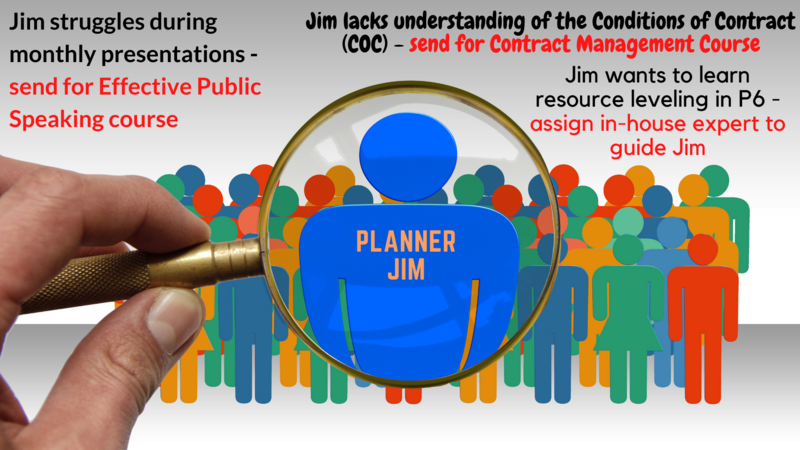
Figure 4: What ‘Personalized’ Internal Staff Development Looks Like
Difficulty in Managing Stakeholders
There is a prevailing idea that receiving adequate internal development and personalized training will make us unstoppable in our project professional career.
Well, all that confidence goes out the window when you stand face to face with difficult stakeholders.

Figure 5: Sometimes the Greatest Foe in Project Controls – Your Own Client
You might expect a heated discussion between an uninformed stakeholder and well-meaning project scheduler to look a little something like below:
“I want the soil probing activity progress to be at 50%, exactly the same as the planned percentage.”
“But…I cannot. We have only achieved 33% progress based on the total number of points completed.”
“Do it. I want to show that we are ahead of schedule. I can explain to them if they ask.”
“But we are ahead of schedule! The project has a positive total float. It is only this activity that we started work slightly late on. There is no impact to the overall project with this slight schedule variance.”
“Please just do it. That is why we employed you to be our project scheduler.”
And the above exchange goes back and forth until the poor project scheduler finally caves to pressure. After all, the client is also the paymaster, right?
From the failed negotiation above, we see that stakeholder management is not so much about our technical skills. Rather, effective stakeholder management requires a balance of both technical skills and people skills.
We may need to read in between the lines to understand our client’s concerns. Then we can begin formulating a strategic response that can appease the stakeholder without compromising our ethics.
How to Fill Your Project Development Gaps To Accelerate Your Project Professional Career
Just like how progress reporting and analysis leads to project control actions, so we have been busy accumulating, reviewing, and analyzing the top professional development gaps to come out with a practical and effective solution for all.
Let me introduce you to the Empowered Project Professional Inner Circle (EP2IC), a private community for growth-minded project professionals motivated by purpose, committed to learning and implementation of knowledge, and eager to create their path to excellence.
Remember the four professional development gaps that we just discussed above? We carefully designed the EP2IC program around these highly pressing needs in the project controls industry. You did this! Your responses regarding the state of the industry, whether direct or indirect, were essential in helping us create the EP2IC program that it is today.
We talked about a lack of mentorship and coaching. At EP2IC you will receive direct support and guidance from the industry’s top experts and seasoned project professionals regularly! How is that for not just one mentor, but multiple mentors!
We also talked about the lack of corporate support for internal staff development. You can expect control over the type of internal development you receive at EP2IC. Your voice will not be ignored here, rather, it will be celebrated for the betterment of the project controls community.
Another gap talked about was the lack of continuous improvement. Well, guess what, At EP2IC you will receive only the highest quality training and resources that our industry’s top experts can personalize for you.
And finally, if the last section on managing difficult stakeholders is keeping you up at night, then rest assured that here at EP2IC we have multiple industry experts whose project professional career revolved around just that, managing difficult stakeholders.
And on top of that, being a member of EP2IC will also provide these opportunities such as:
1) Gain direct support from career experts and experienced recruiters for landing high-paying and more fulfilling positions.
2) Learn about upcoming technology trends in project controls & project management and how to implement them.
3) Receive practical tips and tricks on project-related tools, software, and skills that you can implement in your projects.
There has never been a program like this, not one designed especially just to meet the development gaps of Project Professionals all around the world.
If you are truly serious about your project professional career and want to take your career to the next level, then do consider joining EP2IC. See you there!
References:
- Ghorbani, Shohreh. “T-Shaped Project Controls Professionals” Project Control Academy, 18 May 2015.
- Jacob, Joel. “Real Time Project Performance Monitoring – Is that Even Possible?” Project Control Academy, 27 Jul 2021.
- Akbarzadeh, Kamran. “The Results of the EPPIC Survey” LinkedIn Live Session, Project Control Academy, 30 Sep 2021
- Project Control Academy’s Global Survey Result, 2021
About the Author:

Bian Mutang Tagal is a Technical Content Developer and Writer at Project Control Academy. He enjoys the opportunity to write about important trends in the Project Controls industry while also providing useful tips to fellow Project Controls practitioners.
Bian comes from a conventional Planning & Scheduling background and is also a trainer with technical capabilities in 4D BIM Planning and Advanced Drone Photogrammetry. He is currently consulting for several key infrastructure projects such as the Pan Borneo Highway project in Sarawak under PCSS Consultancy Sdn Bhd and has worked in the oil & gas industry developing maintenance schedules for a major oil and gas operator.
He holds a Bachelor of Science (BSc.) in Petroleum Engineering from The University of Texas at Austin. Bian was an invited speaker for The Institution of Engineering and Technology (IET) Evening Talk 2020.
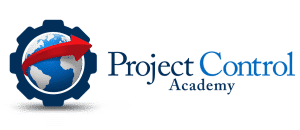
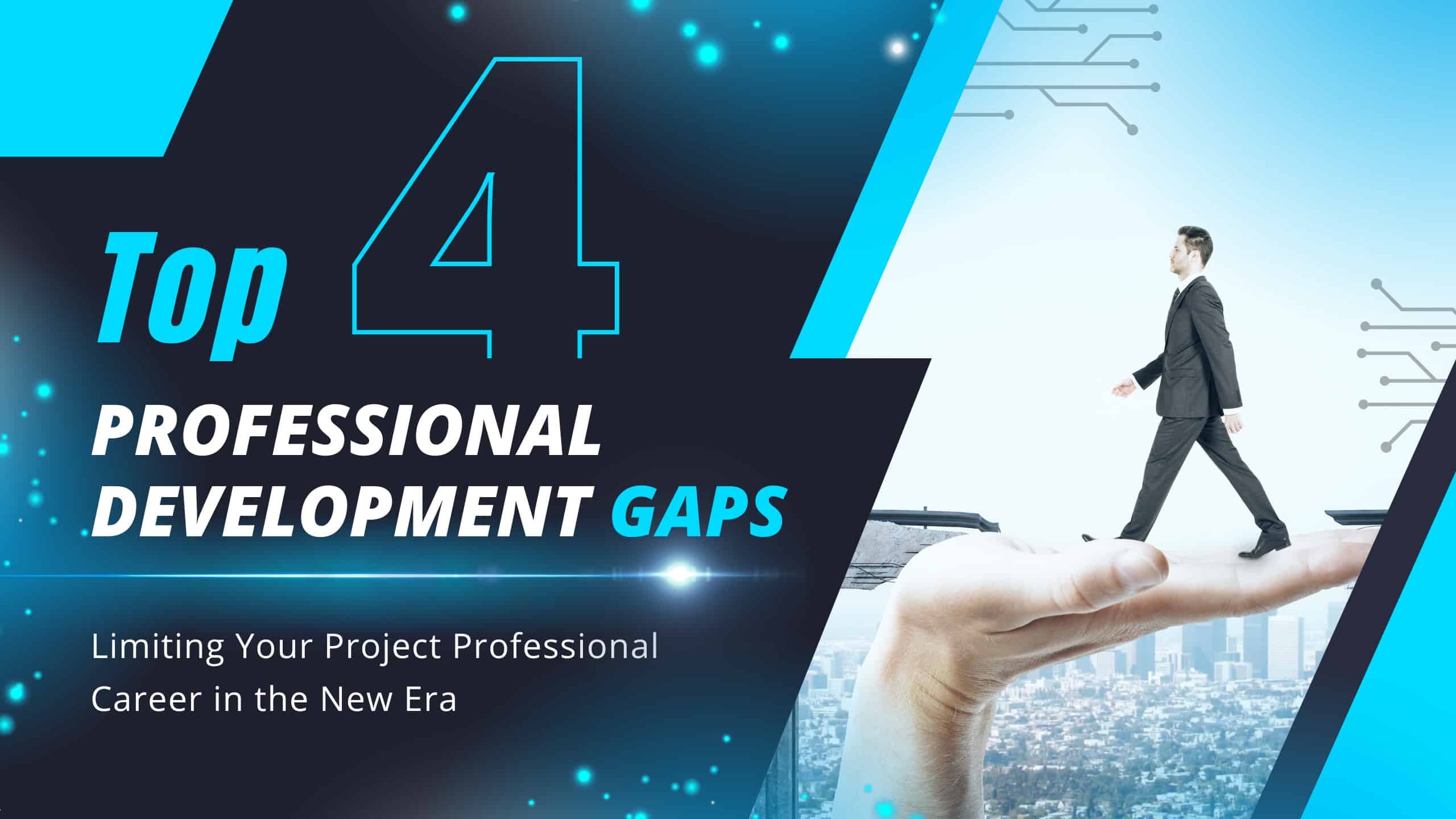
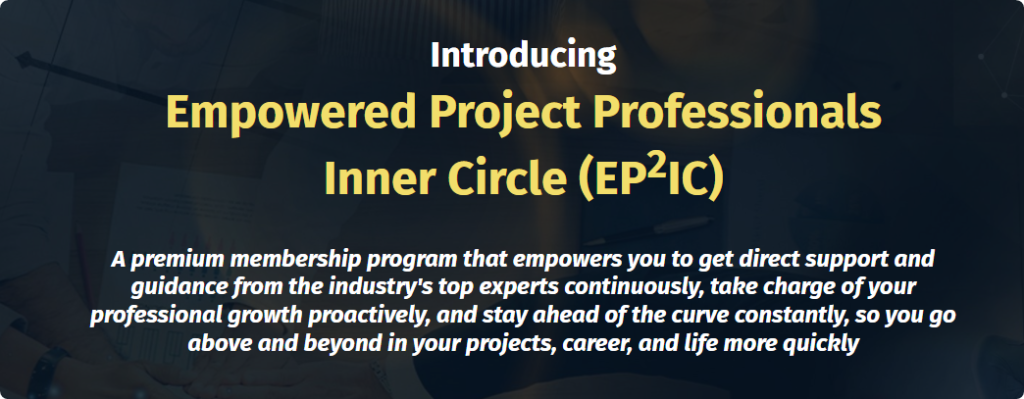

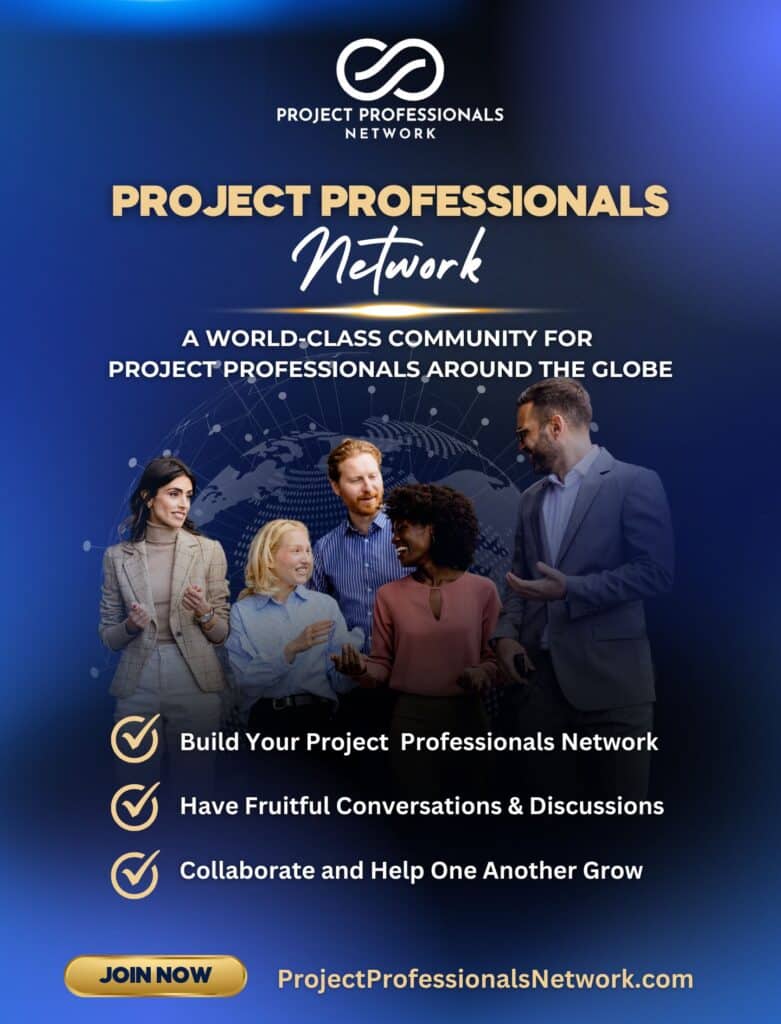
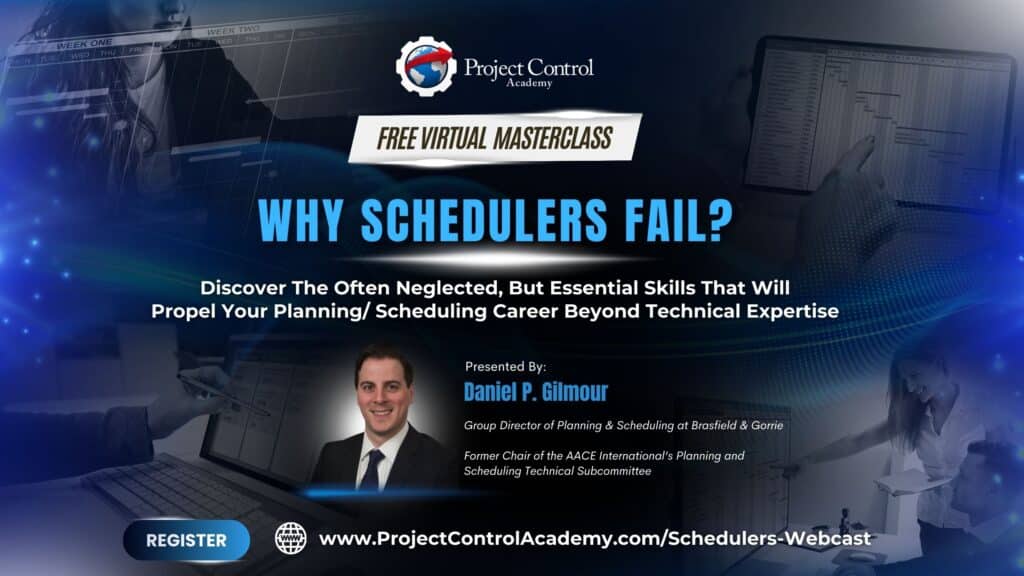
![[Free 90-min Masterclass] The Ultimate Leadership Recipe for Project Professionals](https://www.projectcontrolacademy.com/wp-content/uploads/2024/08/4-1024x576.jpg)


